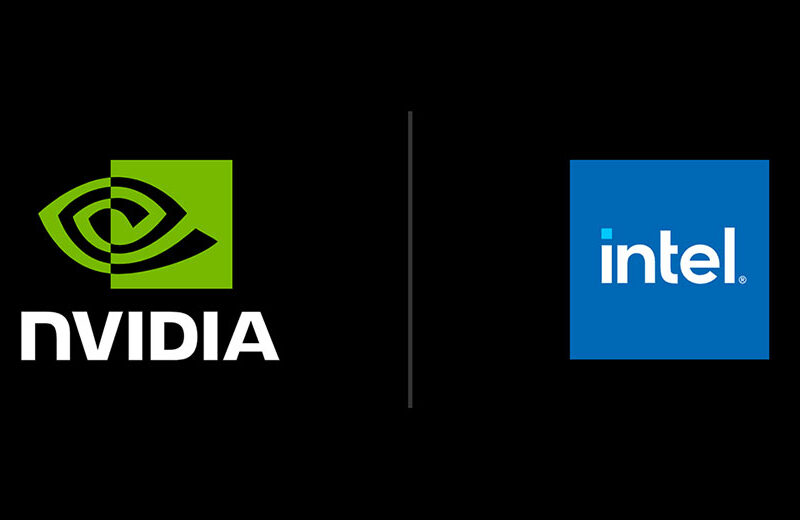The Quest to Neuter the Net

What do liberal House Speaker Nancy Pelosi and the Christian Coalition have in common? No, it’s not a penchant for government-funded jet rides — it’s a misguided belief about net neutrality, proposed rules that could affect the future of Internet management.
The net neutrality debate is basically a question of whether or not broadband service providers can manage their networks for quality of service and potentially charge more money for greater bandwidth use. That’s a pretty straightforward question, but it has been twisted by those who don’t want to see the Internet “change.”
Consider what that means. No change would mean the Internet stays exactly where it is: Speeds don’t get faster, and consumers don’t get more services. That’s a silly idea, but it appeals to those who think we are in the midst of some golden age that must be preserved.
Let the Markets Work
What needs to happen instead is for normal market rules to be allowed to work — when goods get scarce, businesses are given incentives through market prices to produce more.
Think about downloading videos, for instance. Anyone who has ever suffered a lengthy wait for a big file to download will want better-quality service and be willing to pay the provider. That only makes sense, but net neutrality proponents — in reality, partisans of Net regulation — say that Americans should be worried about the big, bad network providers.
Broadband can be delivered through DSL (digital subscriber line), cable, cellular technologies, satellite, and broadband over power lines. The people who want to regulate the Net, such as executives at Google and eBay, argue that there’s not enough competition in the broadband market to keep providers in line.
That does not appear to be true — but even if it were, the proper course of action would be to accelerate entry of new competitors into the broadband space by reducing legal barriers to entry and trying to free up more spectrum. Government regulation will have the opposite effect.
Aiming for Mediocrity
If, as net neutrality proponents hope, government steps in to micromanage broadband practices, the result will be a neutering of the Net. Growth of Web 2.0 won’t take off the way everyone expects. Restricting the ability of broadband service providers to customize service would lead the U.S. broadband industry toward mediocrity, according to a study accepted for publication in theJournal on Telecommunications and High Tech Law.
Mediocrity is not what most people want when they are playing Massive Multiplayer Online Games like “World of Warcraft” or “Second Life.” And it’s not what American businesses need when competing with firms overseas. If Chinese or Indian companies can turn things around faster because their networks are better, America is in big trouble. Even tech celebs like Esther Dyson and Dave Farber agree.
“There are real issues here, but legislation isn’t gong to solve them,” Dyson wrote in a recent blog post. “Antitrust enforcement is probably the best solution.”
Exactly. If — and it’s a big if — for some reason broadband companies start attempting to censor material as net neutrality folks warn, then it will be time for the government to step in. However, regulating preemptively doesn’t make a lot of sense.
Neutrality at Any Cost?
“When traffic surges beyond the ability of the network to carry it, something is going to be delayed,” wrote Dave Farber and Michael Katz in a recent opinion piece for the Washington Post. “When choosing what gets delayed, it makes sense to allow a network to favor traffic from, say, a patient’s heart monitor over traffic delivering a music download.”
Would net neutrality proponents actually argue that the music download bits and the heart rate monitor bits should be treated the same? One hopes not. Times are always changing, and the Net needs to change along with them. As for the big, bad companies, they are going out of their way to make sure the public knows they will respect freedom of speech.
Verizon, for example, “has committed to ensuring consumers have broadband Internet access that allows them to access the legal content of their choice, connect the devices of their choice and run the applications they choose,” Link Hoewing, the carrier’s assistant vice president of Internet and technology issues, wrote earlier this month. That sounds reasonable and acceptable to most people, so it’s time for this debate to unspin itself and fade away.
Nancy Pelosi wants to fly coast to coast in bigger and faster government jets, but dislikes the concept of consumers purchasing faster broadband from providers willing to sell it.
Net neutrality is about broadband management — not free speech. The Net is a dynamic medium, but proponents of regulation, in the guise of neutrality, want to freeze it in the present. That would be a mistake, no matter what the Christian Coalition and Speaker Pelosi say.
Sonia Arrison, a TechNewsWorld columnist, is director of Technology Studies at the California-based Pacific Research Institute.



